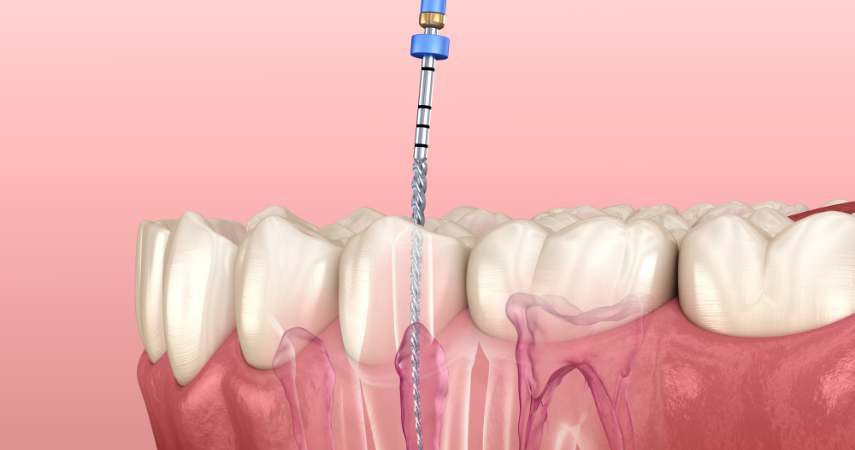Root canal treatment can lead to complications such as new infections, undetected cracks,
defective restorations, or a breakdown of inner sealing material. Despite dentists' efforts to
clean and seal the tooth, new infections may emerge due to more than expected root canals,
undetected cracks, inadequate restorations, or a breakdown of the inner sealing material.
Endodontic surgery, such as an apicoectomy or root-end resection, may be necessary to save
the tooth, which may involve opening gum tissue, removing infected tissue, and sealing the
root canal.



